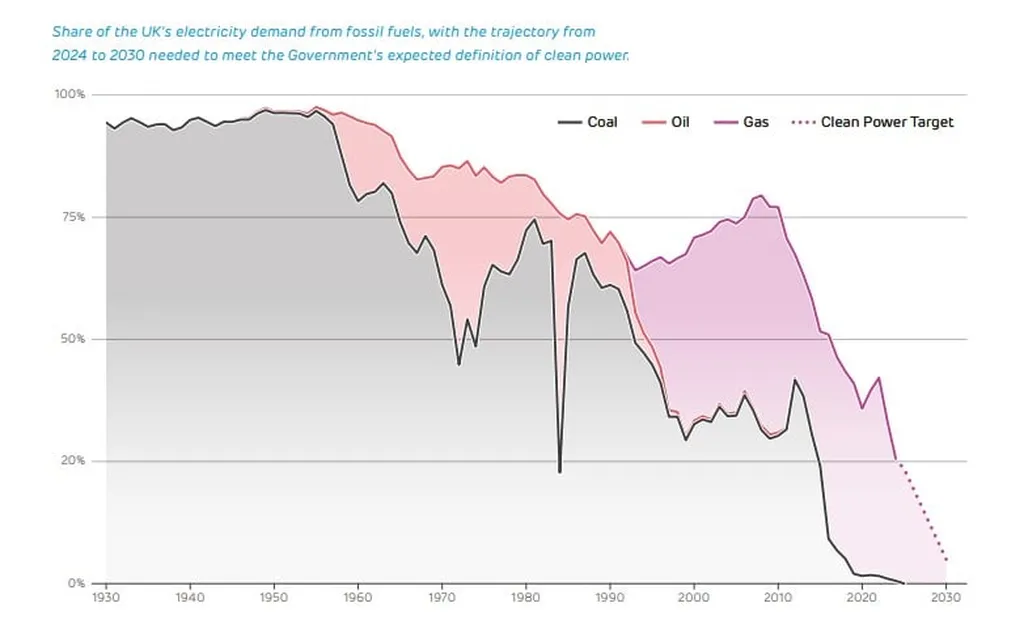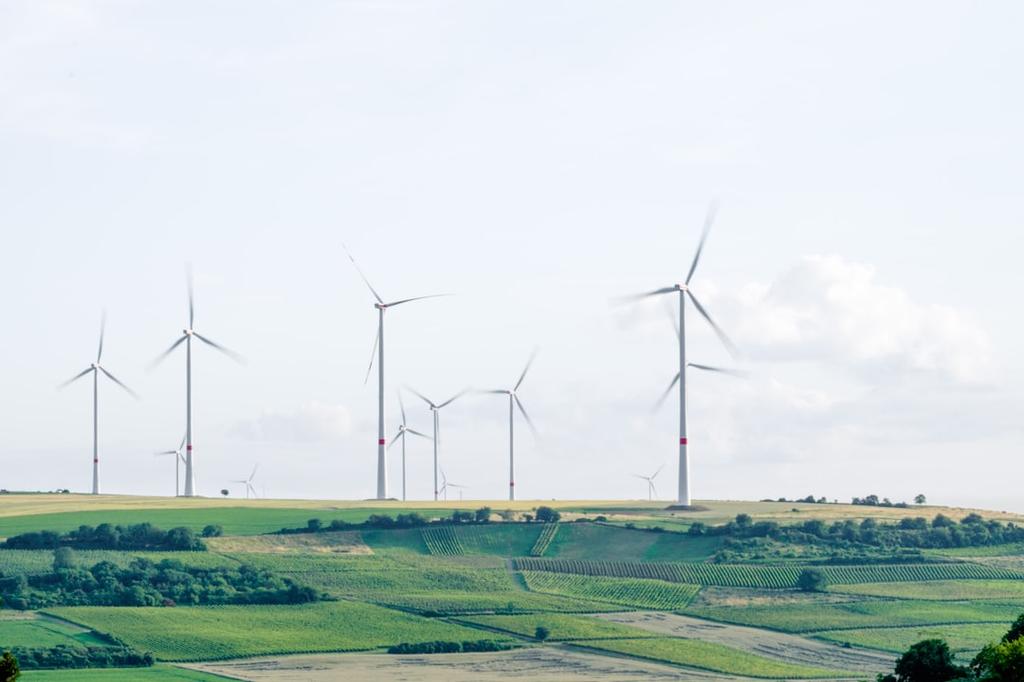The latest Drax Electric Insights report reveals a seismic shift in the UK energy landscape, marking a historic low in fossil fuel-generated electricity. For the first time, production dipped below 5GW in August 2024, coinciding with the closure of the Ratcliffe-On-Soar coal-fired power station, the last of its kind in the UK. This milestone places the nation as the fifth globally to phase out coal and the first among the G7 countries. The implications of this transition are profound, but they come with a caveat: the urgent need to accelerate the phase-out of natural gas.
The report highlights a remarkable achievement—wind generation nearly met the entire electricity demand on the morning of August 22, producing 18.5GW against a grid demand of just under 20GW. This is not just a feather in the cap; it’s a call to arms for those who advocate for renewable energy. However, while the coal phase-out is a cause for celebration, the transition from gas remains a major sticking point. Despite a 12% decline in overall gas demand from Q2 2023, domestic consumption crept up by 2.1%. As of October 2024, gas still accounted for a hefty 29.5% of British electricity generation, underscoring the complexity of the UK’s energy transition.
Dr. Iain Staffell from Imperial College London succinctly captures the challenge ahead: “Phasing out natural gas at speed will be much more difficult than coal.” The reliance on gas not only complicates the path to net-zero ambitions but also highlights the critical need for supportive technologies. Wind and solar energy, while promising, require a robust framework of long-duration energy storage and dispatchable thermal power to ensure reliability.
Moreover, the report raises alarms about the current state of the UK’s transmission system. Significant bottlenecks continue to plague the grid, forcing the curtailment of wind farms on their most productive days. This wasted energy is projected to reach 5TWh by the end of 2024, translating to a staggering cost of up to £1 billion for consumers. The irony is palpable: as the nation strives to embrace greener energy, inefficiencies in the grid threaten to undermine these efforts.
Investment in transmission infrastructure is not just advisable; it’s imperative. The National Grid Energy Transmission (NGET) has committed £30 billion by 2030, but this is just the tip of the iceberg. Bruce Heppenstall, Drax’s plant director, emphasizes the need for diverse, flexible renewable power sources to sustain momentum. “It is imperative that we do not rest on our laurels,” he said, urging a proactive approach to energy diversification.
This moment in the UK energy sector is pivotal. It serves as a reminder of how far we’ve come since the Climate Change Act of 2008, yet it also highlights the road ahead. As we celebrate the end of coal, we must pivot our focus to the more complex challenge of natural gas. The future of the UK’s energy landscape hinges not only on the removal of fossil fuels but also on the strategic investments that will enable a more resilient and sustainable grid. The clock is ticking, and the stakes have never been higher.




